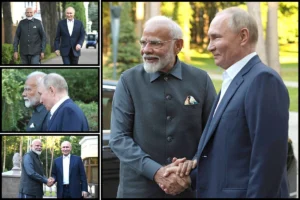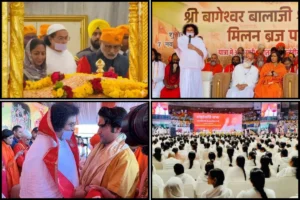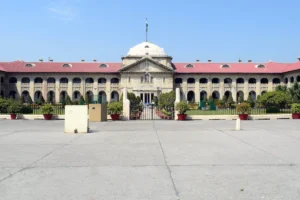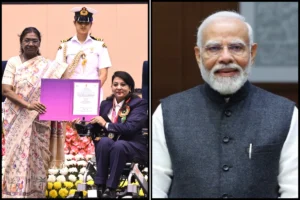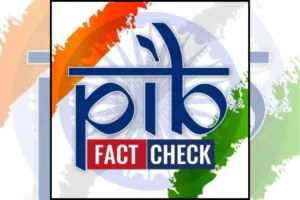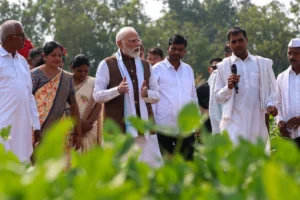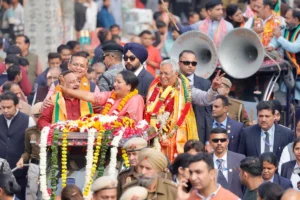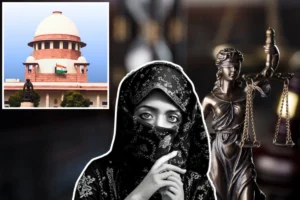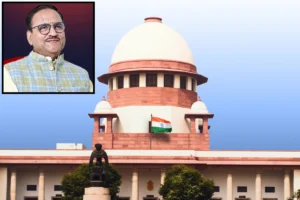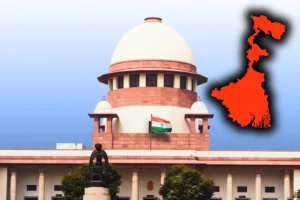
The Supreme Court recently refused to entertain a plea for an expedited hearing of a petition demanding the registration of an FIR against Justice Yashwant Varma related to the alleged discovery of cash at his official residence.
The bench, headed by Chief Justice BR Gavai, directed senior counsel Nedumpura, who filed the petition, either to withdraw it or face dismissal.
During proceedings, Chief Justice Gavai criticised Nedumpura for repeatedly requesting an early hearing and admonished him for comments made about Justice Varma.
The Chief Justice asked the petitioner not to dictate court orders and reminded him to maintain respect in court, as Justice Varma remains a sitting judge.
When Nedumpura remarked that Justice Varma himself supported the protest for FIR registration, the Chief Justice responded, “Are they your friend? How are you addressing them?”
Solicitor General Tushar Mehta intervened, questioning the ongoing proceedings. Nedumpura had previously filed multiple petitions demanding an FIR, all of which were dismissed.
During an earlier hearing, Justice Abhay S Oka told Nedumpura to present his case before the relevant authorities and noted that officials had already submitted the investigation report to the President and Prime Minister.
Petitioners’ Argument on Criminal Nature of Case
The petitioners and Nedumpura argued that the alleged bribery is a cognisable offence punishable under the law, and no individual is above legal provisions.
They stressed that the registration of an FIR and a meaningful investigation by the Delhi Police were necessary for justice.
The petition further contended that a three-member committee formed on 22 March by the Supreme Court’s Chief Justice lacked jurisdiction to investigate the fire incident at Justice Varma’s residence.
The petition claimed that Parliament or the Constitution did not authorise the committee to probe the case.
It argued that the fire-fighting and police intervention at the scene rendered the incident a cognisable offence under various penal provisions, and it was the police’s duty to register an FIR and investigate.
Citing the Supreme Court’s ruling in K Veeraswami vs Union of India (1991), the petition highlighted that no criminal proceedings could be initiated against a High Court or Supreme Court judge without prior approval from the Chief Justice of India.
The petition also alleged that the matter involved black money amassed through corruption, urging the court to direct Delhi Police to register a case and conduct an effective probe.
The Supreme Court’s decision to defer an urgent hearing underscores the judiciary’s cautious approach in balancing procedural propriety, judicial independence, and ongoing investigations.
The case remains under close observation as debates around accountability and transparency in the judiciary continue.
Also Read: Ajmer Dargah Temple Case Hearing Postponed To 30 August
To read more such news, download Bharat Express news apps







